Apple's November challenge against the EU's Digital Markets Act says the European Commission got it wrong by saying there's only one App Store, when there's actually five.
The Digital Markets Act is the European Union's attempt to level the playing field and increase competition by reducing the dominance of major tech firms. With Apple in the crosshairs, the iPhone maker has taken multiple actions to try and reduce the impact the rules has against its business.
In the latest report about Apple's challenges, it appears that it has taken offense to the European Commission's treatment of Apple's digital marketplaces, and is treating them all as one single platform.
Apple filed its legal challenge in November, but details of the filing were not made public at the time. On January 8, some details of the legal challenge were revealed.
The Commission made "material factual errors," Apple claims in its European General Court plea, reports Reuters. These errors include a conclusion "that the applicant's five App Stores are a single core platform service."
Apple's five stores cover iPhones, iPad, Mac, Apple TV, and the Apple Watch, the argument states, with each servicing a particular platform and device.
Under the DMA, Apple would be required to allow third parties to open their own app marketplaces on Apple's hardware, a potential pain point to Apple's future financials. By insisting each App Store is separate, it would give Apple a greater chance to reduce the user counts for each and to have more of its storefront empire free of DMA intervention.
This is not the first time Apple has tried to divide and conquer to beat the DMA. In November, it attempted to tell the EU that it has three separate browsers named Safari, though it found more solid ground in declaring it ran five distinct operating systems.
Apple also complained about the Commission designating iMessage as a number-independent interpersonal communications service (NIICS), which led to an investigation as to whether iMessage should have to deal with DMA rules too.
The iPhone maker argues that the NIICS designation doesn't apply, since it doesn't charge fees for the service, nor does Apple monetize it through hardware sales, no marketing, and not through processing personal data.
Apple did get an initial reprieve from the DMA in September, arguing that iMessage wasn't big enough to be classified as a gatekeeper service. EU officials have since attempted to determine whether the rules do actually apply to the messaging platform.
 Malcolm Owen
Malcolm Owen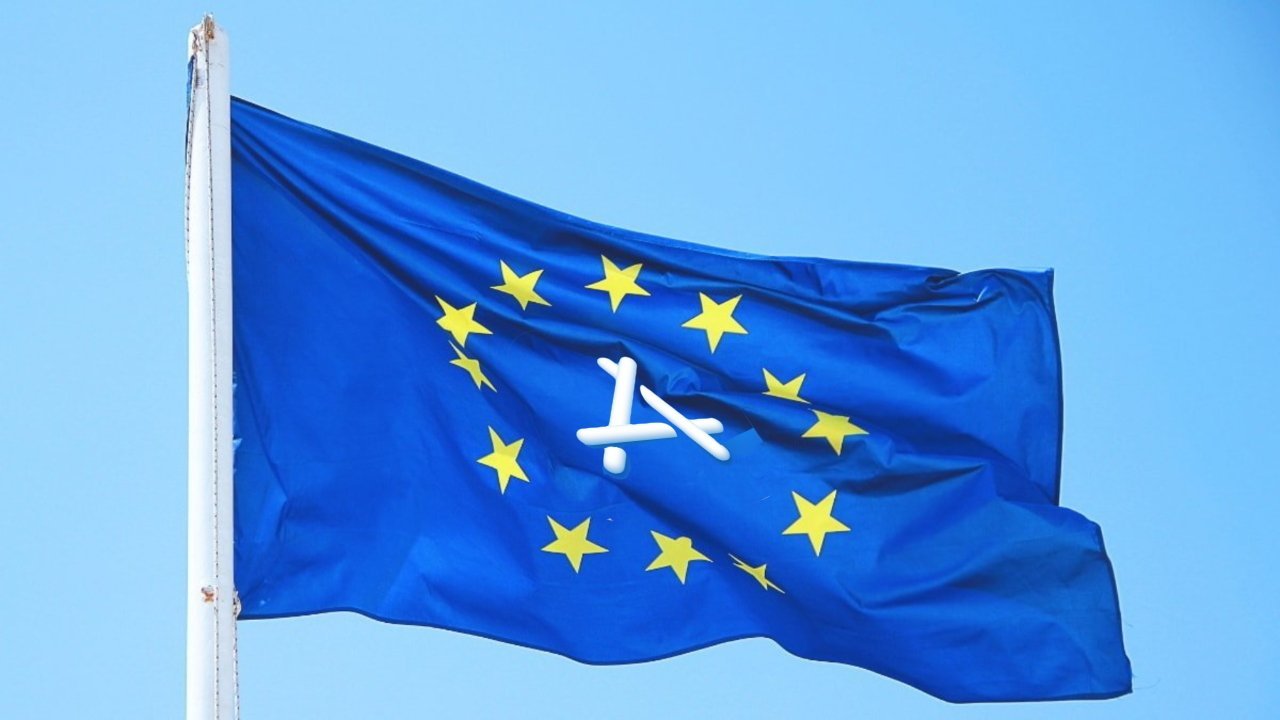




-m.jpg)


-m.jpg)






 Christine McKee
Christine McKee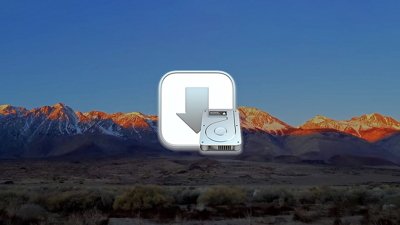
 Chip Loder
Chip Loder
 Oliver Haslam
Oliver Haslam
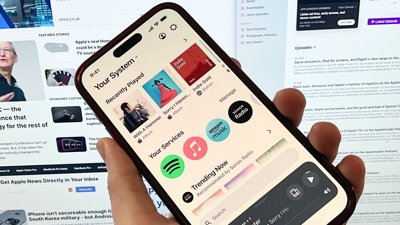
 William Gallagher
William Gallagher
 Amber Neely
Amber Neely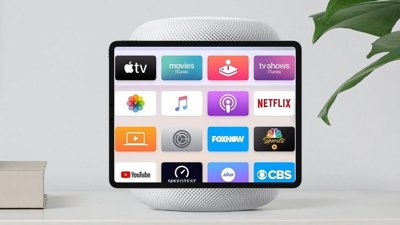
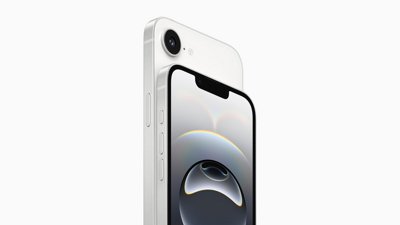
 Andrew Orr
Andrew Orr







43 Comments
These kinds of statements probably work in the US.
I wonder what the EU's attitude is towards such lawyer-speak.
Apple is correct in stating there are five stores because the software available in each store only works on a specific platform. This is like saying a company that owns a pharmacy, sporting goods store, hardware store, grocery store and electronics store is required to call all of them one store, maybe called PSHGE, instead of five different stores carrying different products. There are many companies that have multiple store fronts with different names that keep their stores separate. (don't ask me specifics, because I don't care to research this but take a company like Whirlpool, who makes all kinds of brands of household products, each having a store under the brand's name)
As for anything the EU does, it's time they quit trying to run another country's product line. I'm sorry but anything related to current computers and operating systems rarely is created in EU countries anymore. Sure, you can find a few high tech companies in the EU but not as many as before and nowhere near as many as in the USA.
I hope the EU is ready to track down all these little app stores for appropriate taxation. They may regret their decisions in this regard.